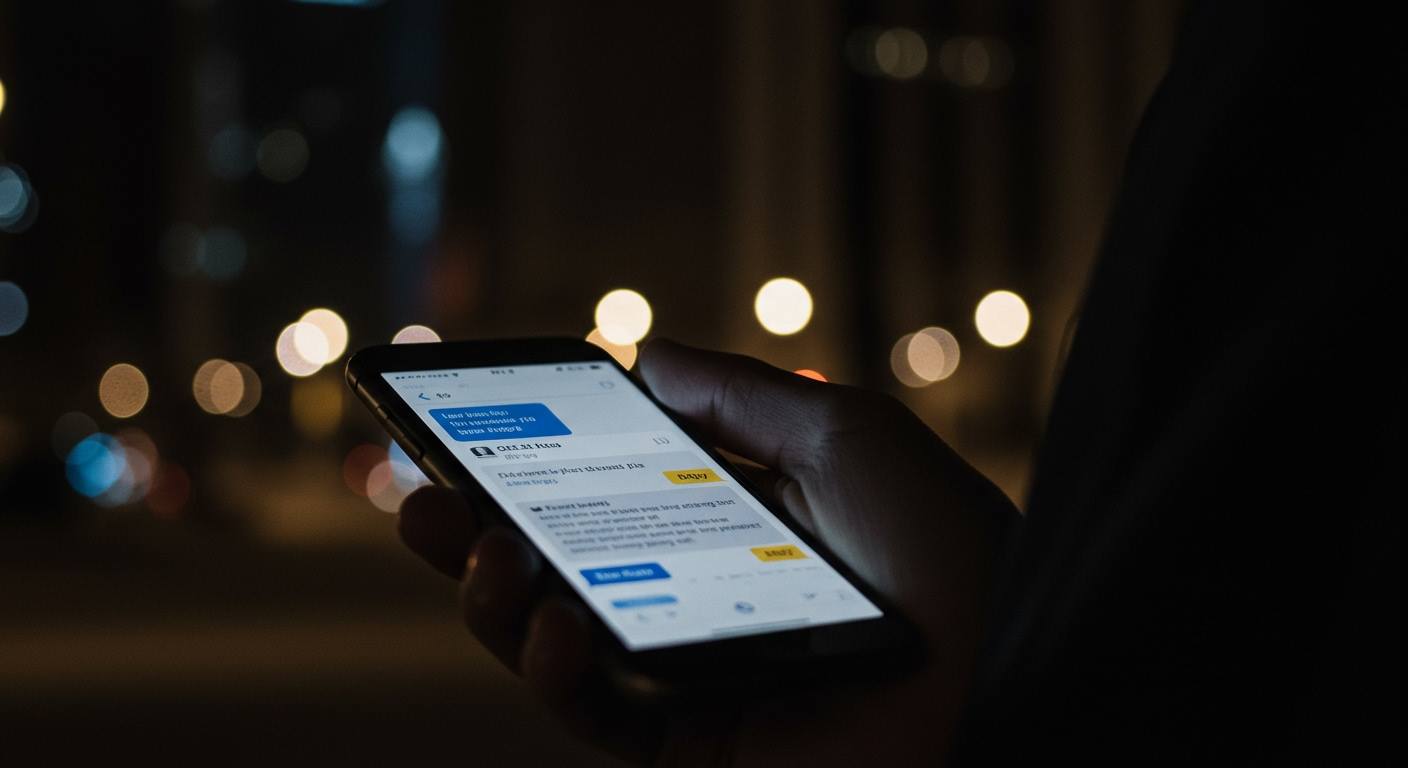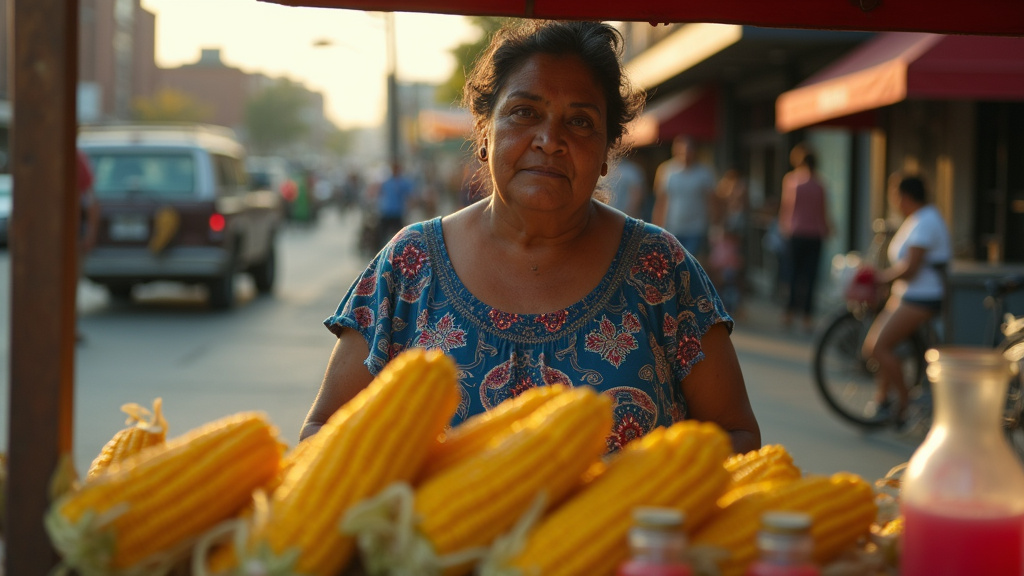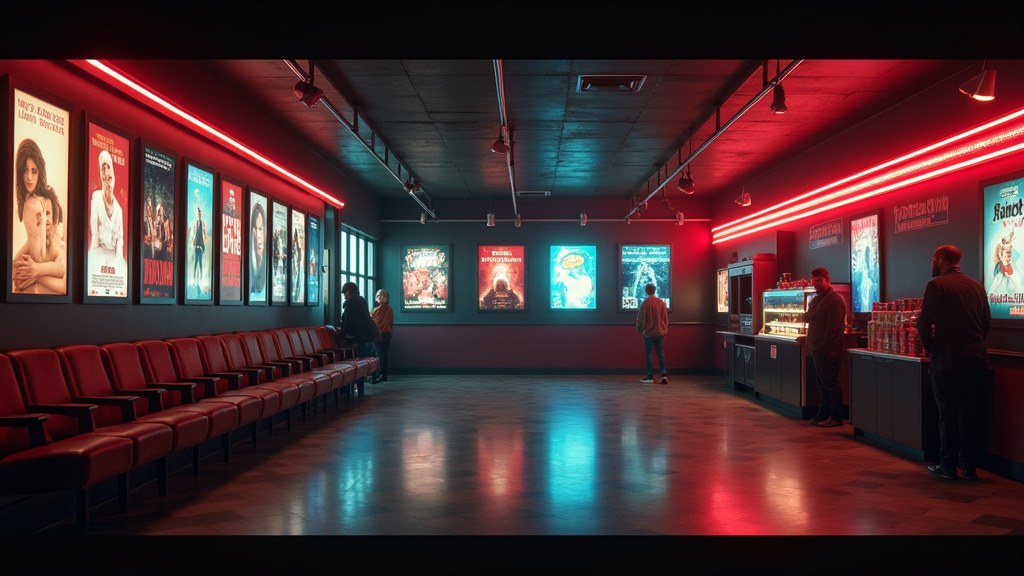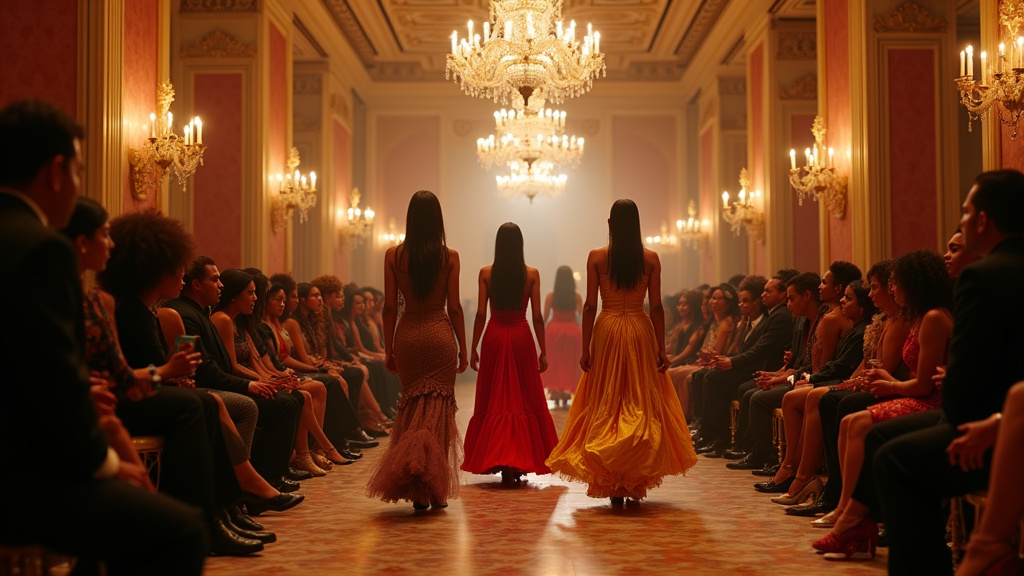CHICAGO – As a critical City Council vote looms, a series of anonymous mass text messages targeting residents in five wards represented by progressive Latiné alders has ignited debate and fueled speculation over who is behind the campaign.
The messages, which surfaced recently, sharply criticize Chicago Mayor Brandon Johnson and the alders who opposed a controversial youth curfew ordinance. The texts assert that “teen violence is rising” and explicitly blame the mayor and these council members for allegedly making city streets less safe.
The Political Context: Curfew Controversy
The backdrop for this text campaign is the intense political maneuvering surrounding the proposed citywide youth curfew. The ordinance initially gained traction and was approved by the Chicago City Council on June 18, 2025, in a 27-22 vote. Proponents argued the measure was necessary to curb youth crime and provide structure, while opponents raised concerns about civil liberties, potential criminalization of young people, and questions about its overall effectiveness.
Just two days after its passage, on June 20, 2025, Mayor Brandon Johnson exercised his executive authority and vetoed the ordinance, stating his administration’s focus remains on investing in youth programs and community-based violence prevention strategies rather than punitive measures.
The political battle is far from over. A crucial vote is scheduled for July 16, 2025, where the City Council will consider overriding the mayor’s veto. An override requires a higher threshold of support, specifically 34 votes, making the upcoming session a high-stakes event that could dramatically alter the city’s approach to youth presence in public spaces during evening hours.
Unpacking the Text Campaign
The text messages central to this story are part of a coordinated effort disseminated to residents primarily within specific wards. The content is direct and accusatory, employing alarmist language about rising youth violence and directly linking it to the political stance of the targeted officials.
The messages encourage recipients to engage politically, urging them to “reply ‘YES’ to demand action.” This call to action suggests an attempt to mobilize public opinion and pressure the alders ahead of the pivotal veto override vote.
The source of these messages has been identified as the Urban Center PAC, a political action committee. The PAC was founded in 2024 by Paul Vallas, a former Chicago Public Schools CEO and past mayoral candidate, indicating a potential connection to political figures and agendas that may diverge from those of the current administration and its progressive allies.
Aldermanic Response and Counterarguments
Alderman Jessie Fuentes, who represents the 26th Ward and is among those targeted by the texts, confirmed receiving the messages. Alderman Fuentes pushed back against the premise of the texts, specifically the claim that teen violence is rising and impacting safety in her ward.
According to data cited by Alderman Fuentes, homicide rates in the 26th Ward are down. She specifically noted that only one homicide had been recorded in her ward in 2025 as of her statement. This factual counterpoint directly contradicts the core assertion made by the Urban Center PAC’s text campaign, highlighting a potential disparity between the political messaging and localized crime statistics.
Expert Analysis
Political scientists are observing this campaign with interest. Dick Simpson, a prominent political analyst and former Chicago alderman, offered his perspective on the strategic intent behind the text messages.
According to Simpson, the campaign is likely designed to achieve multiple objectives. Primarily, it serves as a tactic to exert pressure on the progressive alders who voted against the curfew ordinance, hoping to sway their position or at least create political discomfort as the override vote approaches.
Furthermore, Simpson suggested that the text message initiative could also be laying preliminary groundwork for potential political challenges in the 2027 municipal election cycle. By targeting alders in specific wards with critical messages now, the campaign could be aiming to diminish their public standing or identify areas ripe for opposition in future elections.
Conclusion
The Urban Center PAC’s text message campaign represents a modern tactic in Chicago’s often contentious political landscape. By leveraging direct communication channels like mass texting, the PAC is attempting to influence public perception and political outcomes surrounding the contentious youth curfew ordinance.
As the City Council prepares for the July 16, 2025, vote on Mayor Johnson’s veto, the impact of these targeted messages on the political climate and the alders’ final decisions remains a key point of observation.











